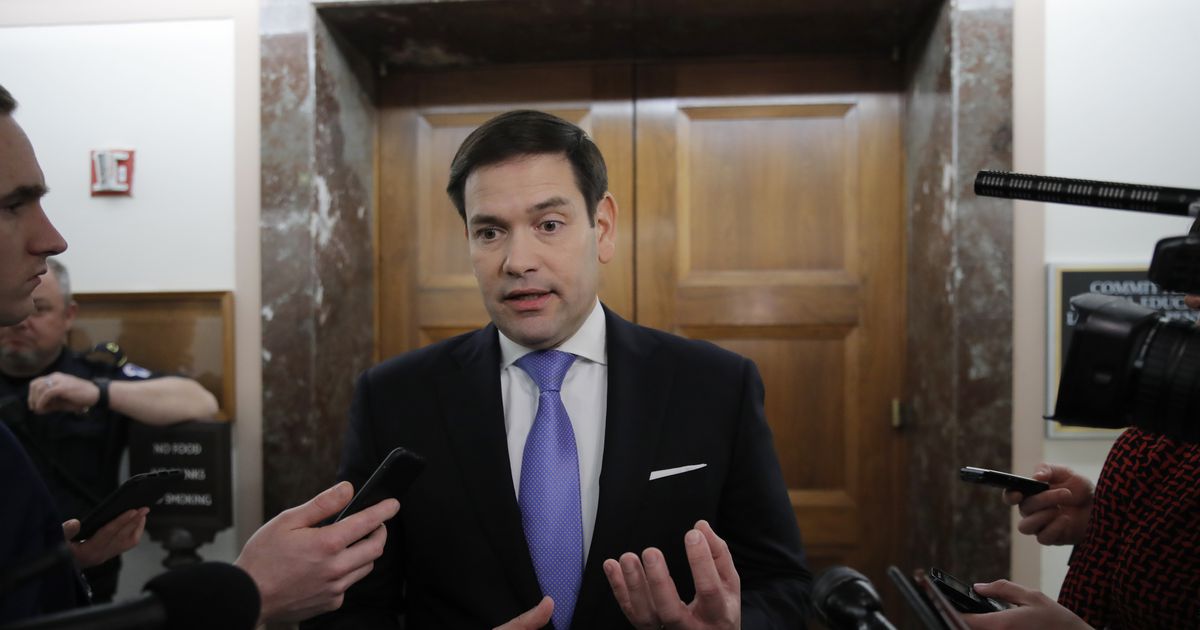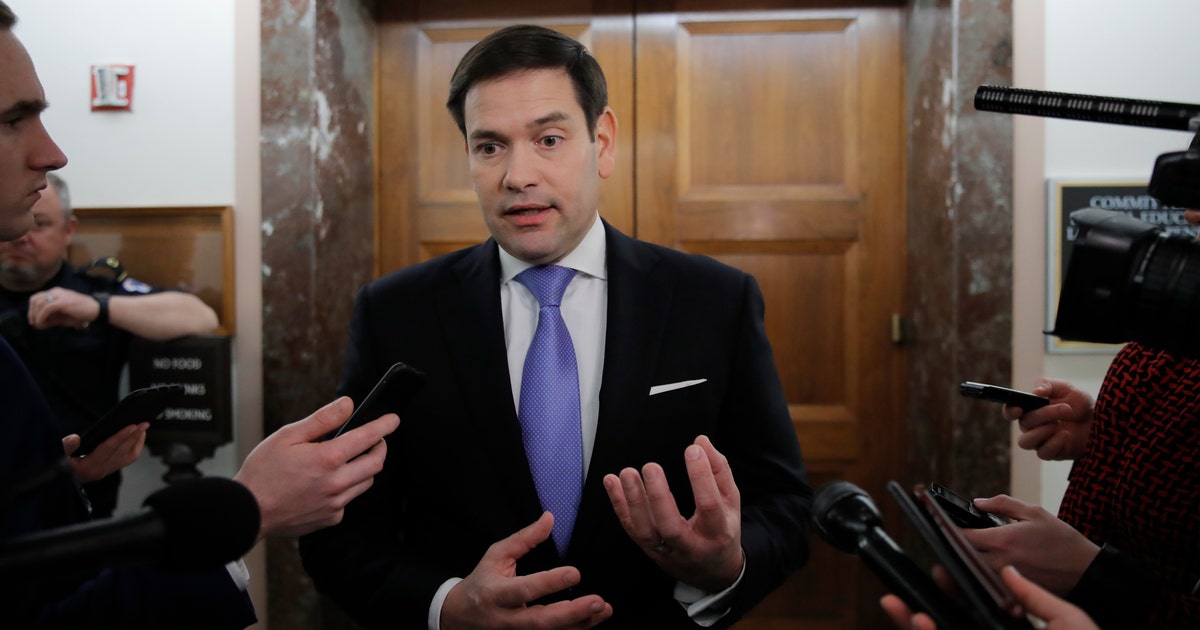Florida Sen. Rubio introduces NIL bill to push NCAA changes


Florida Sen. Marco Rubio introduced a bill Thursday that would protect the NCAA from being challenged in court if the association changes its rules to allow athletes to earn money for endorsement deals and personal appearances.
Earlier this week, the NCAA was hit with a federal antitrust lawsuit seeking damages for current and former athletes that could cost the association millions. The lawsuit also seeks to prevent the NCAA from regulating the ways athletes can be compensated for use of their names, images and likenesses.
Rubio’s bill also comes six days after Florida Gov. Ron DeSantis signed into a law a bill that would open up that market for college athletes in the state. That law goes into effect July 2021. California and Colorado have passed similar laws that go into effect in 2023. The NCAA is seeking help from Congress as more states push forward with their own NIL bills.
“We can’t have 50 separate laws. It will destroy college athletics,” Rubio, a Republican, said in a video posted to Twitter.
The bill gives the NCAA until June 2021 to have new rules in place that will supersede states laws. The NCAA is already working on those reforms, with a target date on January to have legislation its member schools can vote on.
In Rubio’s bill, if the NCAA cannot come up with its own rules the Federal Trade Commission will have the authority to do it for them.
“It protects the athletes. It allows them to be compensated. These kids deserve to make a little bit of money while they’re in college,” Rubio said. “At the same time it prevents the implosion of college athletics.”
Rep. Mark Walker (R-N.C.) introduced a bill last year that would amend the tax code to prevent schools from allowing college athletes to profit from their names, images and likenesses. That bill has stalled.
Rubio is part of a bipartisan working group led by Sens. Chris Murphy (D-Conn.) and Mitt Romney (R-Utah) examining names, image and likeness compensation for college athletes, though Rubio’s bill was separate from that group.







